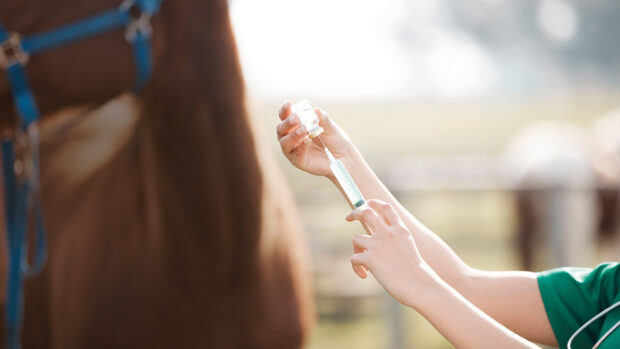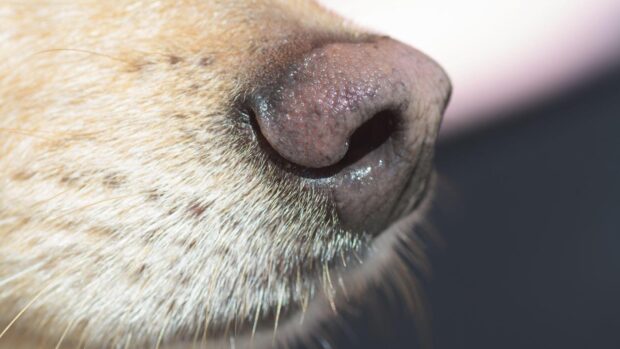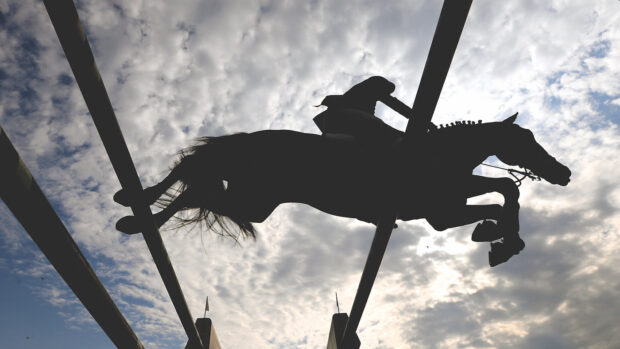The nightmare of a horse having a positive drug test hangs over all competition riders, but there are some basic procedures you can follow to help avoid this nasty surprise.
When dealing with any competition horse you must be able to answer the following questions for any supplement or medicine:
- Can it be used safely in a horse which may be competed under rules?
- Is it necessary and is it compatible with other treatments the horse may be having?
- Has it been totally eliminated from the horse’s body by the time of the competition?
A wide range of banned substances, including bute (phenylbutazone) and ACP (acepromazine), are regularly used with horses but are unacceptable under affiliated or international competition rules.
For a detailed list of prohibited substances for compeition see the FEI website www.horsesport.org
Avoiding an inadvertent positive test
- Samples of foodstuffs used for a particular horse and the codes that appear on the feed packaging should be retained. Some feed companies guarantee their products.
- Great care must be taken when using supplements. Even if a tonic is safe, it may contain prohibited additives or preservatives.
- Avoid contaminating another horse’s buckets and feed utensils. Isoxuprine, used for navicular disease, is notorious for sticking to buckets and getting into more than one animal’s feed.
- Be aware of the risk of human contamination. Horses have tested positive for illegal substances following their use by the owner or others in contact with the horse. More innocently, human painkilling gels containing substances such as Ibuprofen have been known to cause contamination via staff who have previously applied the gel to themselves or other horses.
- Another classic is the occasional positive dope test for opioids (morphine-type medication) from poppies, particularly poppy seeds on bread rolls fed to horses or even via someone’s hands after they have eaten lunch!
- Be careful with equine liniments, such as oil of wintergreen, which contains methyl salicylate, or NSAID gels, as already mentioned.
- Some medications, particularly long-acting steroids, are reported to linger in the system for more than six weeks after the last injection.



